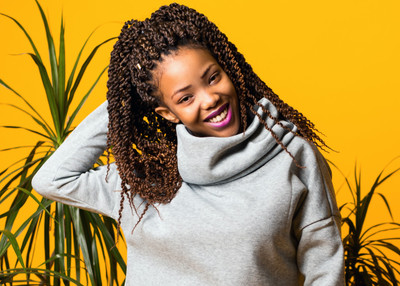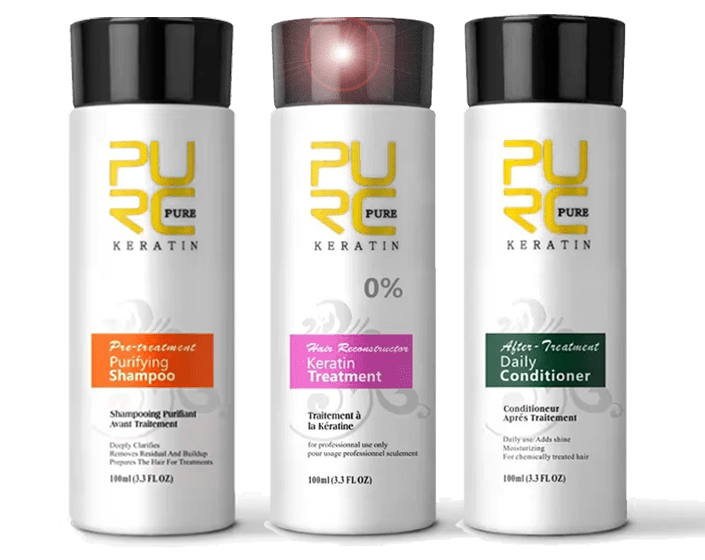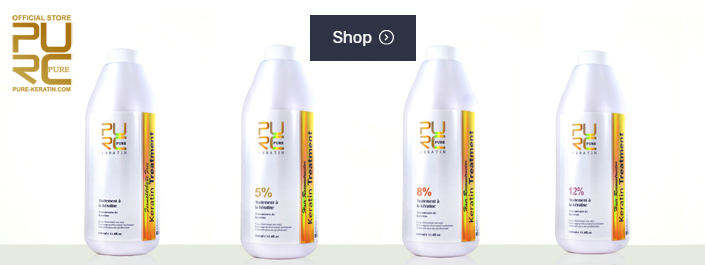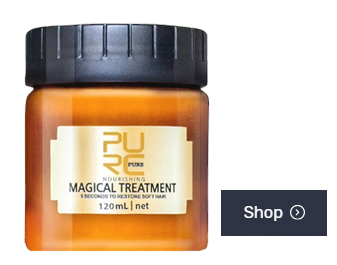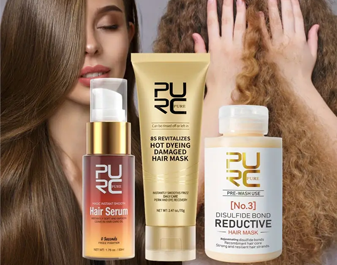HAIR CARE FOR HAIR GROWTH & VITAMINS FOR HAIR GROWTH
PURE KERATIN on 4th Dec 2020
VITAMINS FOR HAIR GROWTH
It is difficult to draw a thin line between the vitamins for general good health and good hair health.
However, the vitamins that influence hair growth are vitamin A, vitamins B-6, B-12, folic acid, biotin, vitamin C and vitamin E, and essential fatty acids (also known as vitamin F). Minerals for hair growth are copper, iron, zinc, iodine and silica. But protein is the most essential component as more than 90% of hair is built of α-keratin, a protein.
The best way to maintain healthy hair is by the intake of vitamins and minerals in the diet. Vitamin and/or mineral supplements, as the term means, are supplementary. Note that many over-the-counter vitamins are not completely absorbed into the system. Also, there is the chance of over-dose or under-dose.
Vitamin Deficiency and the Effect on Hair
Vitamin A deficiency makes your hair brittle and increases dandruff.
Deficiency in vitamin B1 and/or B6 can promote hair loss.
Vitamin C deficiency retards hair growth and slows down the pigment generation in the hair strand.
Deficiency in vitamin B12 weakens the hair root.

Natural Vitamins for Hair Growth - The Role of Supplements
We start to loose hair when the nutrition is inadequate in vitamin B5, B6, biotin, inositol and folic acid. Minerals such as magnesium, sulfur and zinc also influence the hair growth and hair health to some extent.
Like deficiency, excess of vitamins also causes problems. Taking large doses of vitamin A for a long period triggers hair loss. But the hair health can be restored by stopping the excess dosage.
Essential fatty acids like those in flaxseed oil, primrose oil and salmon oil improve hair texture and prevent hair from being dried out and brittle.
Vitamin B complex is important for the health and growth of the hair. Taking beans, peas, carrots, cauliflower, soy beans, nutritional yeast, bran, nuts and eggs in diet fulfills vitamin B requirement naturally, otherwise you might take:
- Vitamin B3 (niacin) - 50 mg three times a day
- Pantothenic acid (vitamin B5) -100 mg three times a day
- Pyridoxine (vitamin B6) -50 mg three times a day
Biotin is very important for healthy hair and skin. In some cases it also prevents hair loss in women. Good food sources of biotin include brewer's yeast, bulgur, green peas, brown rice, lentils, oats, soybeans, sunflower seeds and walnuts. You can also take biotin capsules - 50 mg three times a day.
Inositol is vital for hair growth. Dosage: 100 mg twice daily.
Vitamin C improves scalp circulation. All citric fruits are rich in this vitamin.
Vitamin E increases oxygen uptake and improves circulation to the scalp. By increasing the immune function it stimulates hair growth. To start with you might take 400 IU and slowly increase to 800 IU per day.
L-Cysteine and L-methionine: These two amino acids prevent hair from falling out and improve texture, quality and hair growth. Dosage: 500 mg twice a day on an empty stomach.

HAIR LOSS NUTRITION
A wholesome diet, rich in silica, calcium and iron, is a must to prevent hair loss. Green, leafy vegetables, especially sea vegetables are great mineral sources.
Deficiency in protein, zinc, and other minerals and vitamins affect hair growth and stimulate hair loss. Though pattern type hair loss is a hereditary condition, lack of proper nutrition may speed up the hair loss in pattern baldness. A high-fat, meat-based diet raises testosterone levels, and adversely affects hair follicles. Eating low-fat foods may not stop hair loss; but it might help slow down the hair loss.
Anemia is another cause of hair loss. Eating plenty of iron-rich food, like liver (not recommended to pregnant women) and other organ meat, whole grain cereals, dark green leafy vegetables, eggs, dates and raisins cures anemia and restores hair health.
The hair is comprised mostly of α-keratin, a protein. Diets rich in protein provide the essential hair loss nutrition. A recommended protein diet to prevent hair loss includes: calves liver, brewer's yeast, wheat germ, and two tablespoons of granulated lecithin. Though protein is the main constituent of these foods, these are also rich in vitamin B complex and essential minerals.
Recent studies reveal that soy protein strengthens hair and stimulates its growth. Other good sources of protein are: eggs, fish, low-fat cheese, beans, brewer's yeast and yogurt.
Besides proteins, you should take food with moderate silica content. Silica fights baldness and helps in hair regrowth. It assures beautiful shine, luster and strength. Silica is found in the outer coverings of potatoes, peppers and cucumbers. Bean sprouts are also rich in protein content.
Vitamin C improves the assimilation of iron. A good serving of fruits and vegetables in your diet fulfills the requirement of vitamin C.
Avocados, seeds, nuts and olive oil are rich in vitamin E.
Thyroid dysfunction, sometimes, causes hair loss. Eat foods rich in vitamin A and iodine, and vegetable such as carrots or spinach in unrefined, cold-pressed seed oils.
Like your body, your hair needs nutrition from inside. Hair-friendly foods as mentioned play a most important role in hair growth and restoration. External hair loss nutrition from shampoo, hair treatments and conditioners is secondary. If your diet is deficient in hair-friendly foods, all the expensive shampoos and hair treatments won’t be effective in maintaining hair color and longevity.

NUTRITION TO PREVENT HAIR LOSS
A balanced and nutritious diet is the first step towards healthy hair and longevity. The second step is eating correctly.
Don’t let your digestive system overwork. Instead of taking foods every now and then, take it at regular intervals.
Make sure to have proper meal breaks. Because our system works by a body clock, a routine diet helps our body to maintain itself. Set a fixed time for breakfast, lunch and dinner.
Add variety to the table. Don’t multitask while at table. Pay real attention to what you are doing - enjoy eating!
Paying attention to what, when and how you eat is the best natural way to maintain the health of your hair. Balanced nutrition and good eating habits both contribute towards the healthy and fast hair growth.
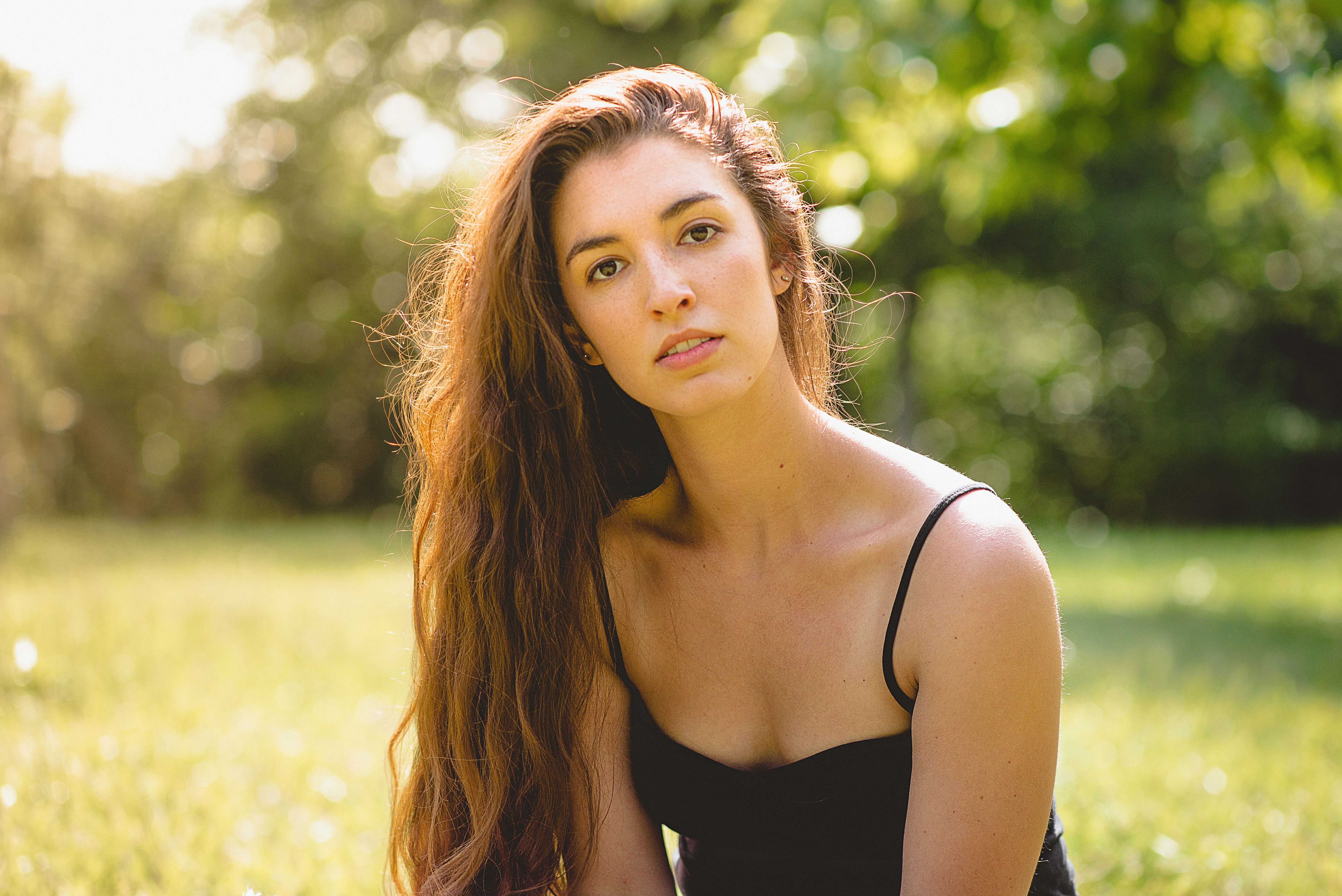
HOW TO GROW LONG AND HEALTHY HAIR
Health and length of your hair depend on your diet and hair care.
Your hair is composed of α-keratin, a protein. Five amino acids that work towards building α-keratin are: cystine, cysteine, methionine, arginine and lysine. Take a diet that contains balanced amount of vitamins and minerals.
Long hair brings with it a lot of problems like breakage, splits, tangles etc. Hence, long hair needs more intense care than short hair.
Before moving on to long hair care, let’s understand the characteristics of healthy hair:
-Lustrous and Smooth texture
-Maximum hair loss is 75-100 strands/day
-Hair loss occurs in strands, no breakages
-Holds curl well
-Easy to comb while wet
-Hair strand stretches when pulled
-Healthy scalp
-Minimal split ends
-Eating adequate amounts of protein and carbohydrates while controlling the dietary fats is a very good long hair care practice.
The do’s and don’ts of diet for better hair growth are:
*Add variety to your diet
*Avoid junk foods
*Eat lightly processed foods
*Do not over cook.
Much can be done to improve the look of your hair, except for controlling the factors related to hereditary genetics.
From inception our hair is predetermined - the size of hair follicles, number of roots, diameter of strands and all. This predetermined hair structure becomes affected by malnutrition and lifestyle. It leads to hair loss at a premature age.
Long hair stands for better hair health. The major problems affecting long hair are breakage, fly-away strands and split ends.
One of the most common causes of hair loss is poor maintenance like improper brushing, improper washing and infrequent trimming.
Lifestyle factors, such as poor nutrition, stress and even restless sleeping also contribute to hair damage.
10 TIPS ON LONG HAIR CARE
1) Quit smoking, avoid caffeine and carbonated sodas.
2) Avoid foods that are high in fat and/or sugar.
3) Avoid unnecessary brushing, combing and handling.
4) Avoid use of very hot water.
5) Message your scalp weekly.
6) Do hot oil treatments to protect the hair shaft.
7) Trim regularly to eliminate split ends.
8) Take adequate rest and sleep.
9) Protect hair from sun, chlorine, salt water and use deep conditioners after exposure.
10) Take care of hair even when you are asleep, make sure that your hair does not get tangled. Try a satin pillowcase.














